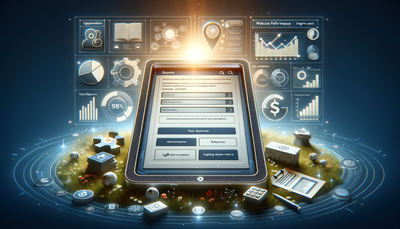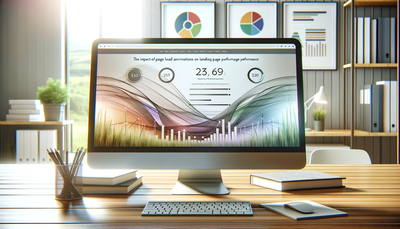Digital Cards for Remote Work: Enhancing Virtual Team Communication
In the era of remote work, effective communication is crucial for team success. Digital cards have emerged as a powerful tool to enhance virtual team collaboration. This article explores the concept of digital cards for remote work environments, highlighting their benefits and features. We'll delve into how these cards can streamline project management, facilitate virtual meetings, and provide comprehensive team member profiles. By leveraging digital cards, remote teams can overcome communication barriers, improve productivity, and foster a stronger sense of connection. Discover how to create and implement these cards to transform your remote work experience and keep your team aligned, informed, and engaged, regardless of physical distance.Table of Contents:

Understanding Digital Cards for Remote Work
Digital cards for remote work are virtual information hubs that consolidate essential team and project data in a visually appealing, easily accessible format. These cards serve as a central point of reference for team members, containing vital information such as contact details, project responsibilities, and relevant links. In a remote work setting, digital cards act as virtual name tags, helping team members connect and collaborate more effectively. They can be customized to include various elements like profile pictures, job titles, time zones, and preferred communication methods. By providing a quick snapshot of each team member and their role, digital cards help bridge the gap created by physical distance and foster a more cohesive remote work environment. Do you need a website? Want to build a website but don't know where to start? Our website builder is the perfect solution. Easy to use, and with the ability to customize to fit your business needs, you can have a professional website in no time.
Key Features of Effective Digital Cards
To maximize the benefits of digital cards in remote work, certain key features should be incorporated:1. Profile Information: Include basic details like name, job title, and contact information.
2. Skillset and Expertise: Highlight each team member's strengths and areas of specialization.
3. Current Projects: List ongoing tasks and responsibilities.
4. Availability and Time Zone: Display working hours and time zone to facilitate scheduling.
5. Communication Preferences: Indicate preferred methods of contact (e.g., email, chat, video call).
6. Virtual Meeting Links: Embed personal meeting room links for quick access.
7. Project Management Integration: Link to relevant project boards or task lists.
8. Social Media Profiles: Include professional social media links for networking.
9. Personal Interests: Add a touch of personality to foster team bonding.
10. File Sharing: Provide quick access to shared documents or resources.
Creating Digital Cards for Your Remote Team
Developing digital cards for your remote team involves several steps:1. Choose a Platform: Select a digital tool that allows for easy creation and sharing of cards. Many project management and team collaboration platforms offer this feature.
2. Gather Information: Collect relevant details from each team member, ensuring consistency across all cards.
3. Design the Layout: Create a visually appealing and user-friendly template that showcases key information at a glance.
4. Integrate with Existing Tools: Ensure the digital cards can be seamlessly integrated with your current project management and communication tools.
5. Implement and Train: Roll out the digital cards to your team and provide training on how to use and update them effectively.
6. Encourage Regular Updates: Promote the importance of keeping card information current for maximum utility.
7. Gather Feedback: Continuously seek input from team members to improve the cards' functionality and relevance.
Building a website with SITE123 is easy





